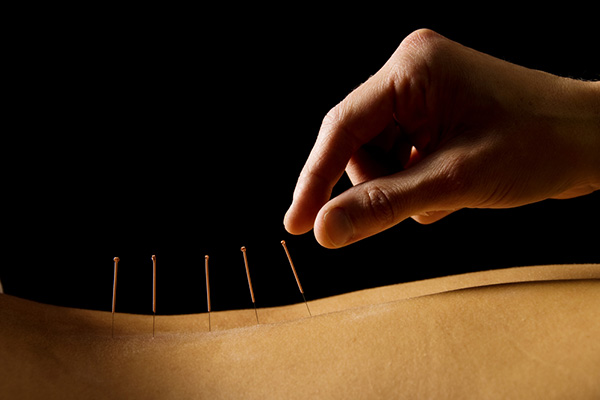Sharp Relief
Photo via Shutterstock
Nothing was working. State Representative William “Smitty” Pignatelli had enlisted a primary-care physician, an orthopedic specialist, and a nerve specialist to ease his tennis elbow, and after multiple copays, numerous tests, and some expensive electroshock stimulation, he was still suffering—until he tried acupuncture. “I spent one hour a week for four consecutive weeks and haven’t been back in a year and a half,” Pignatelli says. “For me, it worked miracles.”
The converted Pignatelli has just reintroduced an “acupuncture bill” for the new legislative session. If it passes, health insurers in Massachusetts will be required to cover acupuncture for pain management, post-traumatic stress disorder, substance abuse treatment, and nausea. Providers will have the option of direct reimbursement from insurance companies, which should help make treatments more affordable. Pignatelli believes the measure could also yield tremendous savings for the state. “There are alternative forms of healthcare—like acupuncture—that are proven to be beneficial at very little to no cost,” he says.
A recent study published in the Journal of the American Medical Association found that acupuncture is, in fact, effective in treating chronic pain. But people are using it for more than just osteoarthritis and migraines. Meredith St. John, vice president and academic dean at the New England School of Acupuncture in Newton (America’s oldest acupuncture school), cites three reasons patients are going under the needle now: fertility issues (new evidence suggests that in vitro fertilization combined with acupuncture increases the likelihood of getting pregnant); digestive problems (the procedure can relieve irritable bowel syndrome by loosening tight muscles and increasing blood and oxygen flow); and stress management. That’s right—to mellow out, go get stuck.



